Addiction robs your body of essential nutrients. Whether you struggle with drugs or alcohol, your body might be chronically low on vitamins and minerals you need to be healthy. Addiction often causes people to choose foods that don’t have the key ingredients they need or eat too little. Certain drugs make it more challenging for your body to absorb what you need most. Without understanding how diet affects addiction, you might feel trapped, experiencing chronic levels of depression, anxiety, and fatigue.
When one struggles with addiction they:
- Tend to consume less food, especially with drugs like heroin or cocaine
- Choose foods that are not as healthy
- Reduce essential vitamin and mineral consumption because of diarrhea or vomiting
- Increasing the speed at which your body burns through calories requires more
- Damage the gut so that it cannot correctly absorb necessary vitamins and minerals
For this reason, good nutrition is an essential element in recovery.
How Can Nutrition Affect Addiction?
Diet affects addiction in many ways. People who struggle with substance abuse often neglect healthy eating habits and, as such, don’t get many of the essential vitamins and nutrients they need to keep their bodies healthy. The detrimental toll illicit drugs or excessive alcohol consumption can have on the body is made worse.
Opioids
Opioid addiction can cause low vitamin C, potassium, zinc, calcium, vitamin D, magnesium, and folate. This puts you at significant risk for things like low bone density, liver disease, even colon cancer.
Solution: A diet rich in protein and fresh fruit can help improve your gut health. Omega-3 can reduce inflammation.
Alcoholism
Alcohol addiction can result in low zinc, vitamin D, vitamin C, vitamin A, and amino acids. This puts you at high risk for liver damage, nerve damage, brain damage, vision problems, and internal bleeding.
Solution: Focusing on small but regular meals with complex carbohydrates, proteins, and healthy fats can make a significant difference. It’s also vital to integrate vitamin supplements.
Stimulants
If you struggle with addiction to stimulants, this regularly results in dehydration and malnutrition, which puts you at risk for improper nerve and muscle function, depression, anxiety, and problems with your heart rate.
Solution: Focusing on water instead of energy drinks or soda and meals with sufficient portion sizes is imperative. You want your meals to contain dairy products, fresh fruits and vegetables, lean meat, and whole grains.
Food has a direct impact on how your brain and body function. So how can nutrition affect addiction? Getting the right vitamins and nutrients through healthy eating habits does many things.
The right food helps you sleep, producing things like melatonin in the evening so that your brain slows down and you have a chance to sleep through the night. When you get enough sleep, your brain has an opportunity to flush out toxins accumulated during the day and produce chemicals and hormones that regulate how hungry you feel throughout the day. When this doesn’t happen, it makes you irritable and anxious. Without proper production of hunger regulating hormones, you might feel hungry all day long, unable to satisfy your cravings, or you might feel no appetite at all.
In situations like these, you have a build-up of physical and cognitive stress that makes you paranoid, depressed, and struggle to concentrate or remember.
What are the Benefits of a Healthy Diet?
There are many benefits derived from healthy eating habits, particularly during recovery. Understanding “how can nutrition affects addiction” makes it possible for you to understand what foods are most important during your recovery and why you should find a rehab facility that understands that diet affects addiction.
For example:
During recovery, you need to consume starchy, complex carbohydrates to balance out your levels of Serotonin production. Consuming things like potatoes, carrots, beans, and lentils can encourage your brain to relax.
Similarly, people who struggle with chronic alcoholism or drug abuse regularly have vitamin B deficiency, vitamin C, and folate deficiencies. They also struggle with calcium, magnesium, and zinc deficiencies. Getting a well-balanced diet during your rehab will give your body the essential vitamins and minerals it hasn’t had for months or maybe years. The key to successful recovery is consistency. During your recovery, especially your detoxification process, your nutritional needs will be higher than normal as you rebuild your gut health, central nervous system, immune system, and brain.
How to Find Nutrition Programs in Rehab
When you are ready to get the help you need, look for a rehab facility specializing in holistic therapy services such as nutrition. The right treatment facility in San Francisco will employ an executive chef and a team to prepare individualized nutritional meals for your dietary needs and give your body the ongoing essential vitamins and nutrients necessary to detox properly.
Let Marina Harbor Detox design a nutritional program that improves your recovery.


